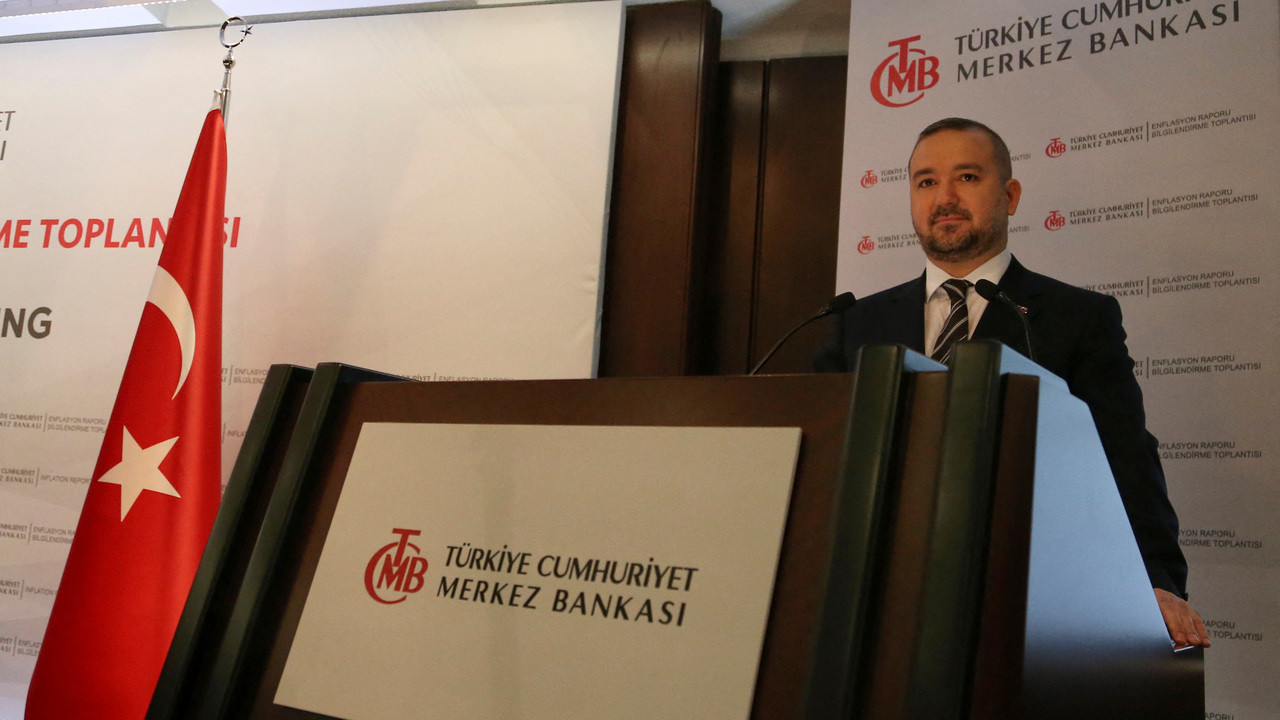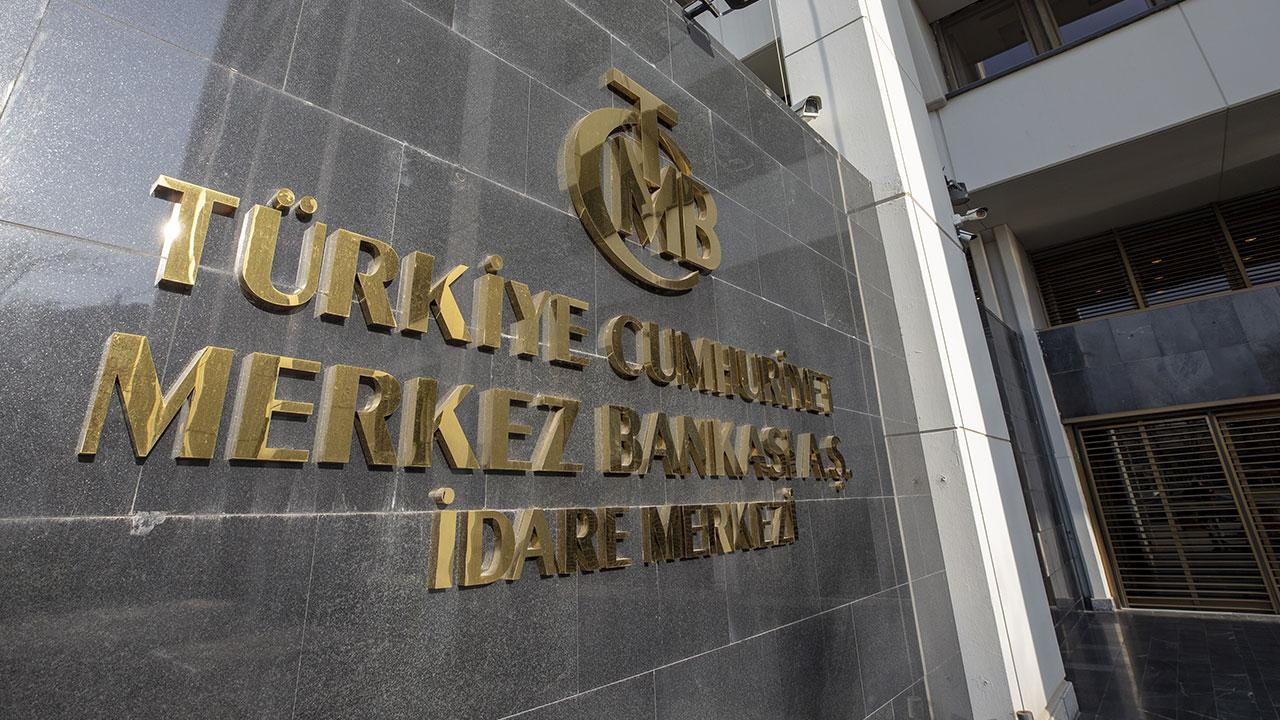Central Bank's midnight moves worry financial sector, Bloomberg reports
The midnight regulatory announcements made by Turkey’s Central Bank have been causing unease in the country’s financial sector, according to Bloomberg. Economists suggested that these announcements could trigger inflation to increase.
Duvar English
As the depreciation of the Turkish Lira continues, Turkey’s economic administration has been forced to return to old methods by refraining from raising interest rates ahead of the upcoming local elections on March 31.
Instead of raising interest rates, monetary policy officials have been trying to keep the lira under control by "resorting to administrative measures as well as calls to commercial lenders aimed at capping hard-currency purchases," according to the American financial media agency Bloomberg.
Bloomberg noted that the new arrangements of the bank were similar to the approach of the previous era of ultra-low interest rates, despite the new team that President Recep Tayyip Erdoğan has put in place to manage the economy after the 2023 General Election.
Selva Demiralp from Turkey’s Koç University contended that in the past, alternative instruments were employed to alleviate the side effects of unconventional policies. However, the current focus has been on enhancing the effectiveness of interest rate hikes in an economy burdened by issues inherited from the previous period.
According to Bloomberg, the Central Bank's midnight decrees to regulate banks and other interventions have been causing unease in the financial sector.
Since the central bank cannot take interest rate hike decisions independently, the view that it is trying to strengthen the policy with side measures is gaining strength.
Economist Haluk Bürümcekçi stated that the view that the central bank could not independently make interest rate hike decisions has been gaining strength, leading the bank to bolster policies with supplementary measures.
Progress in simplification measures has reversed in recent times, and it is believed that similar steps in this direction would be taken at least until the local elections, Bürümçekçi underscored.
Bloomberg economist Selva Bahar Bazik stated that tightening through regulatory changes was not a perfect substitute for a real policy rate hike and added that it may contribute to worsening inflation projections.
Bloomberg noted that the central bank's tendency to move away from orthodox measures may be short-lived and interest rate hikes may return after the elections.
On March 6, the central bank announced a midnight decision to reduce the monthly growth limit to two percent for commercial and consumer loans in lira. On March 7, the Central Bank made another midnight decision and determined that any part of loans exceeding the monthly cap set by the bank would be held as blocked mandatory reserves in lira for one year.

 Turkish Central Bank's inflation forecast unlikely to materialize, TÜSİAD chief economist saysEconomy
Turkish Central Bank's inflation forecast unlikely to materialize, TÜSİAD chief economist saysEconomy Turkey’s central bank keeps interest rates unchanged under new governorEconomy
Turkey’s central bank keeps interest rates unchanged under new governorEconomy New Turkish Central Bank Governor says determined to maintain monetary tightness until inflation falls to targetEconomy
New Turkish Central Bank Governor says determined to maintain monetary tightness until inflation falls to targetEconomy